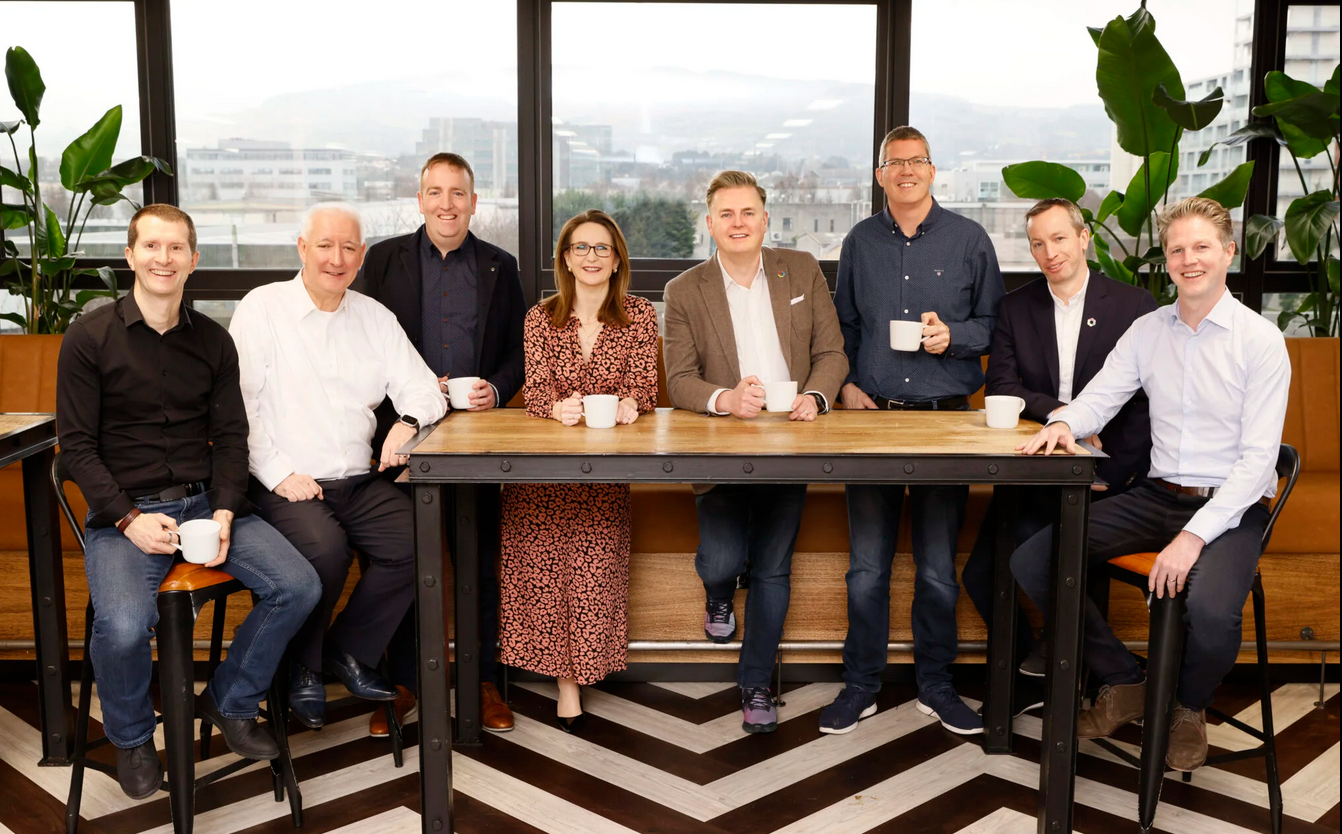
Telecommunications and internet group SoftBank agreed today to pay €473m ($515m) for a majority stake in vehicle connectivity tech producer Cubic Telecom, with corporate investors Qualcomm, Valid Soluciones Tecnologicas (VST) and Volkswagen all set to sell shares in the transaction.
The deal values Cubic at just over $1bn. It had raised about $100m in venture funding as of 2020, with VST joining existing backers Qualcomm and Audi Electronics Venture – which has since been absorbed into Volkswagen’s automotive software subsidiary, Cariad – in a $47m round in 2017 reportedly valuing it at $215m. Fellow corporate Sierra Wireless and had been an investor alongside Qualcomm since 2014 but exited roughly three years ago.
Ireland-based Cubic offers connected software services that allow manufacturers of cars and agricultural equipment to deliver software updates to vehicles. The technology could become more important in the future as more modes of transport become increasingly autonomous.
Cubic chief executive Barry Napier tells Global Corporate Venturing it chose its corporate investors with an eye to what they could provide as partners. Qualcomm is one of the world’s largest microchip vendors and VST is very active in the connected technology arena, while Cariad was a customer it could partner in developing specific technology fo its vehicles.
“It would have been too easy to just take money off people as and when it was available,” he says. “We decided we needed to get something off the cap table and we specifically targeted people based on what they bring to the table, not just financially. We worked to build solutions for our partners and solve problems for the industry.
“We’re very focused on high-value assets, we’re not trying to connect smart meters or smart watches. We’re focused on agricultural equipment, vehicles, and for that we need the right partners with the right solutions.”
SoftBank’s acquisition of a majority stake will be made alongside a partnership focused on increasing its presence in the internet-of-things market for connected cars and software-defined vehicles.
The corporate expects connected vehicles to make up 95% of new vehicle sales by 2030, and while the deal will give Cubic access to Japan where some 27% of the world’s cars are produced, SoftBank will gain the capability to sell its technology to carmakers outside its home country in partnership with local mobile carriers, instead of having to become a mobile network operator in every market.
“It gives them a springboard – if they want to win Japanese OEMs (original equipment manufacturers), they need a global solution and we tick that global box for them, without them having to become a mobile network operator in all those different countries,” Napier explains.
“They can sell connectivity on a global scale and they can sell aggregated solutions, applications they have across their group companies on a global basis. Today, if they sell something to a Japanese OEM, they’re selling it just for Japan. They have all these portfolio companies, all these applications, all this technology in development and it’s almost like an island without the opportunity to sell it globally.”
Napier will remain in his post while SoftBank will take three of six board seats at the company. The other two will be held by Qualcomm and Cariad. Keeping the existing strategic backers onboard was important for them, because they saw SoftBank had the opportunity to add value to their investment.
“We’re really excited about the opportunity to work with SoftBank group companies, the synergies that will create for us,” Napier says. “They have 10,000 engineers, they’re very advanced from an AI perspective, they have good non-terrestrial network satellite capability.
“All of those things marry up with our solution really well and for us, it was less about them taking a majority stake than the 49% still in there – how do we realise the most value for that and get the retained shareholders to buy into this? It’s that story – we think SoftBank having a majority stake will drive more value in future.”
